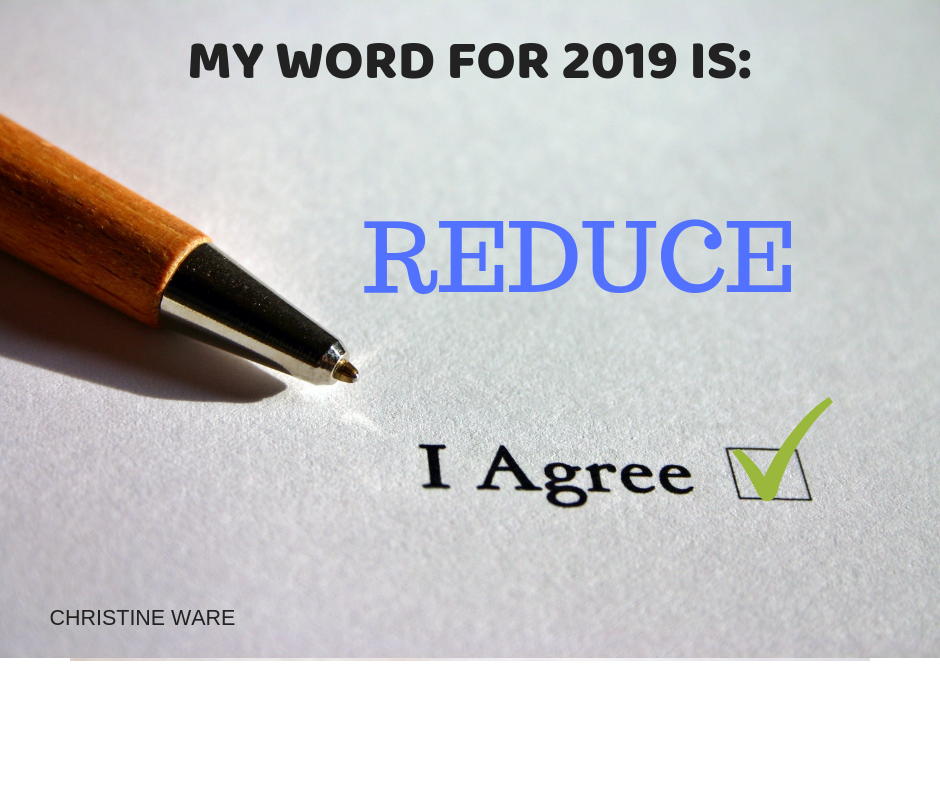
Change happens to us all, at some point in our lives.
Sometimes we are in total control of that change, and sometimes we are not. During the COVID pandemic we have seen many people’s lives being turned upside down for so many reasons – that may be health issues, losing a job/career, breakup of relationships, separation from family members or loosing a loved one etc. etc.
Change is scary when you are not in control, so these tips are designed to give you back some of that control where you can gain it. It won’t work in 100% of cases, but even if you get some control back into your life, this may help with your mental, emotional and physical wellbeing.
Tips:
- Start small. Break big problems up into smaller steps and just tackle a few at a time. It’s like the old adage of “how do you eat an elephant” – with small bites over a long period of time. By starting small, it also keeps you within your ‘comfort zone’ and that is exactly what we need at the moment.
- Daily habits and steps can help you develop a ritual. So how about putting some time aside every day to eat that elephant. Choose the time what is best for you but really make the effort not to miss a day. Choose one or two steps and get them done. Then put the others aside until tomorrow.
- Accept that change is going to happen, and you will survive it. You never know, it may even put you in a direction that is better for you. When some clients are forced to change jobs due to redundancy, they often tell me 6 months later that it was the best thing that ever happened to them, and they wish they’d had the courage to do it sooner. Perhaps the universe is giving you a gentle nudge in a certain direction?
- I know from personal experience, that some things that have happened to me in my life have made me a better person. More grateful, more thoughtful and kinder. Sometimes we wouldn’t wish experiences on ourselves, but those experiences shape us into the person we need to be in the future.
- Change allows you to grow. So often we stay in our comfort zones and that world becomes smaller as we fail to stretch ourselves. You are capable of much more than you would ever dream possible. You just have to give yourself the space and time to do what you think is impossible. You may surprise people – including yourself!
- Upheaval and uncertainty are all parts of change. Embrace it and go with the flow. This will make you more resilient in the future. Control what you can control and let go of what you can’t.
- Sharing your thoughts can be really beneficial too. When I talk to my clients, they feel like a weight has been lifted off their shoulders, yet in reality it is them who has done all the talking and I’ve done the listening. If you can’t talk to someone then write down your feelings. Daily jottings in a diary or a journal can be so therapeutic. Try it and see what a difference it can make to you. It’s also nice to read months or even a year later down the line to see what was stressing you and how you coped with it.
- I’m a great believer that the universe has your back and when one door closes, another opens. You don’t have to have such beliefs yourself but just admire what happens when you let go of something. There’s always something to replace it.
- It’s never too late to be who you have wanted to be. So now is the time to give it a go. Lots of people take redundancy as a time to reassess their life and head off in a new direction. Or the breakup of a relationship or the death of a loved one can move you in another direction. What direction is next for you?
- Lastly, nothing is permanent. Give everything a go and don’t have regrets. ‘What’s for you, will not go by you’ as the saying goes.





























